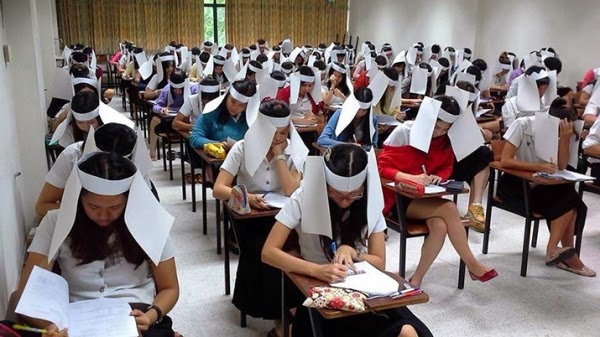Getting beyond rigor

The other day I got access to my summer course on Blackboard. With just under 25 days left to go until the start of courses, it's time to look at my old syllabus (from last summer), see what sorts of innovations my colleague (Rebecca) has in her version of the course, and decide how to update my own course. I had some ideas last summer, but since then the course has actually received an update by means of course title and course objectives, so I need to make sure that I am covering my bases. Concurrently, in another thread, while I was commuting this past week I was listening to some of my saved items in Pocket, and I was reading (listening to) this article on Hybrid Pedagogy by Sean Michael Morris, Pete Rorabaugh and Jesse Stommel titled Beyond Rigor . This article brought me back to thinking more about academic rigor and what the heck it really means. I think it's one of those subjects that will get a different answer depending on who you ask. The aut...






